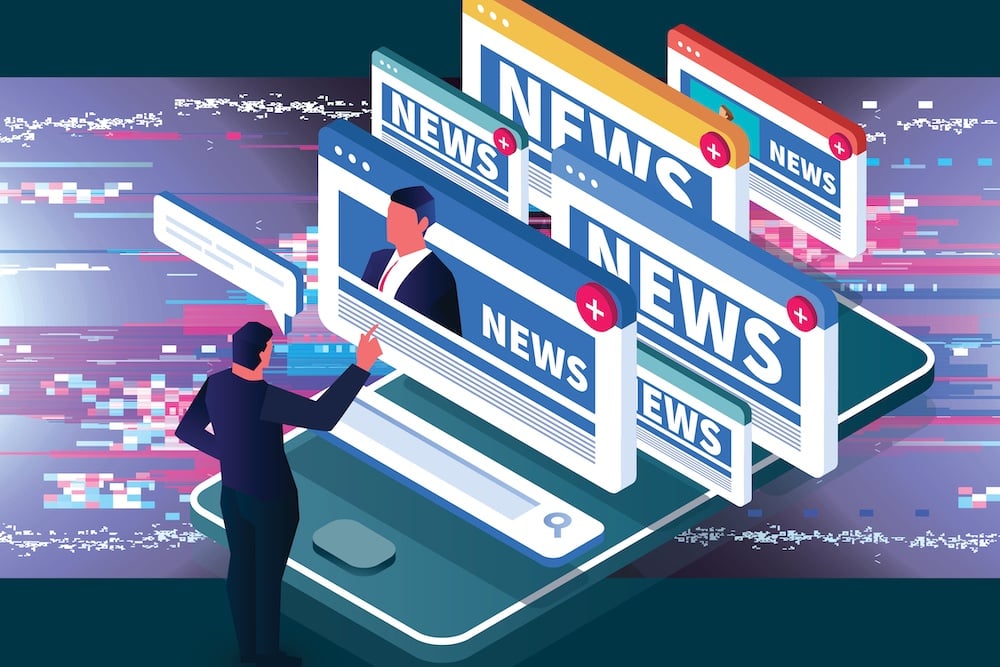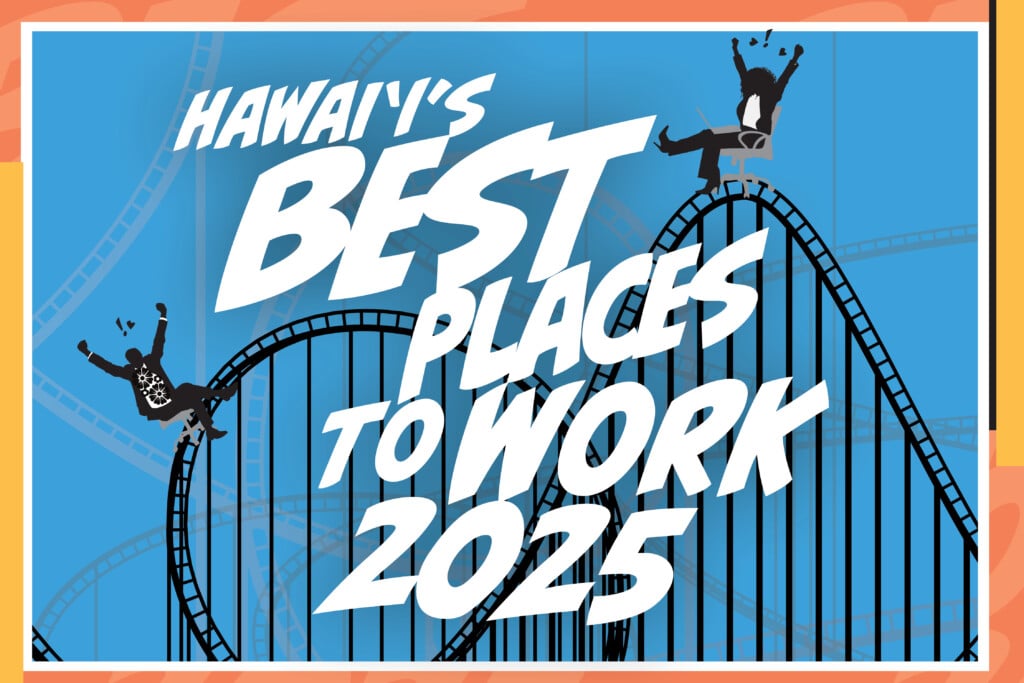Why You Should Listen Like a Good Journalist – Even If Others Don’t Listen Back
Good listening skills lead to more empathy and willingness to reevaluate positions.

I began life as a shy kid and though I have developed an outgoing exterior, in many ways I remain an introvert at heart. That has helped make me a good listener.
I’ve also been an outsider and an insider, a success and a failure, affluent and poor – which I think helps me to be more empathetic to other people’s views.
I love to learn and am willing to be proven wrong about things that I thought to be true. Or to understand a new perspective that is as valid as mine.
One of my favorite thinkers, Daniel Kahneman – who the Wall Street Journal recently described as “the World’s Leading Thinker on Decisions” – knew the importance of reconsidering your thinking. “Most people hate changing their minds,” he said, “but I like to change my mind. It means I’ve learned something.”
All of those attributes made journalism the perfect career for me, one in which I have to do my best to understand what people tell me so I can faithfully convey their thinking to others.
In my opinion, Hawai‘i and America – heck, the world – could use a lot more listening, more empathy and more willingness to reevaluate. Doing so doesn’t mean you abdicate your responsibility to judge and choose, but it will help you to make better judgments and choices. And it gives you an opportunity to realize your own errors or fuzzy thinking, something you probably won’t do if you only talk to like-minded people.
You Win Either Way
I know what you’re thinking: “What if I open myself to others’ thinking, but they don’t open themselves to my thinking? In that case I lose.”
Wrong, you win either way. You win if other people listen to you because it means you’ve started a dialogue that can be valuable for both sides and valuable to building consensus in the broader community.
And if you listened but the others did not, you learned something, and they did not. Your new knowledge is valuable to you no matter what you – or others – decide to do next.
That new knowledge is valuable if you want to build a more inclusive community and appeal to more people. You will be someone who more people are willing to listen to – because you better understand a broader range of opinions and perspectives.
And you’re better equipped for the cutthroat world of politics. Consider the words of Sun Tzu, one of the greatest military strategists of all time: “If you know the enemy and know yourself, you need not fear the result of a hundred battles. If you know yourself but not the enemy, for every victory gained you will also suffer a defeat. If you know neither the enemy nor yourself, you will succumb in every battle.”
In war and peace, in your career and personal life, knowing thyself is an essential lifelong journey. One thing that helps me to know myself is to let my mind wander – without any media to get in the way – while my body is busy walking, hiking, swimming or driving. Being an introvert makes that easier.
It clears my mind of garbage and demons that would otherwise intrude when I try to go to sleep and lets me better assimilate everything I’ve learned, even if I don’t directly think about any of it.
Making Our Reporting Evergreen
One of the constraints of magazines is they cannot focus on breaking news: It takes weeks for a magazine to be printed, bound, mailed to subscribers and distributed to stores.
But I believe that extra time is a benefit. The internet, TV, daily newspapers and others can focus on today’s news. We must take the long view and make our articles as “evergreen” as possible – valuable and relevant to read today, or next week or in six months.
I am grateful to have served that journalism role for 16 years. My last day as editor and executive publisher of Hawaii Business Magazine will be May 6 – about the time this article is available for you to read. I have one more column to write, but I want to use that to introduce my successor as editor in chief, who I will support in a part-time role.





